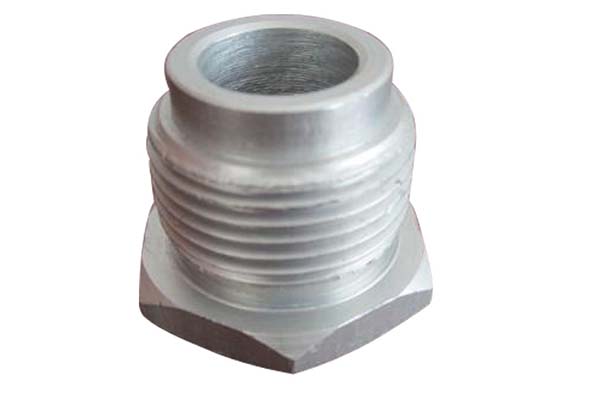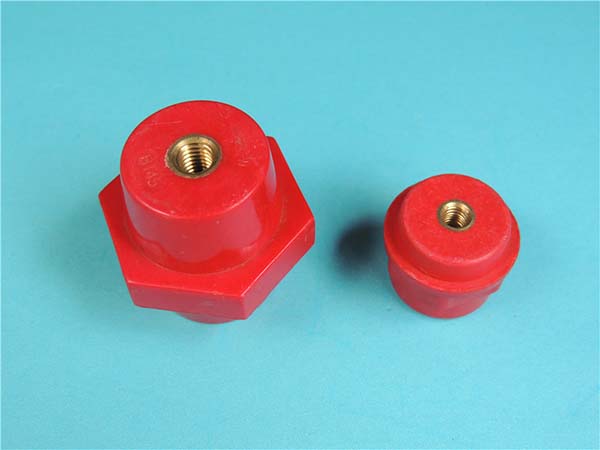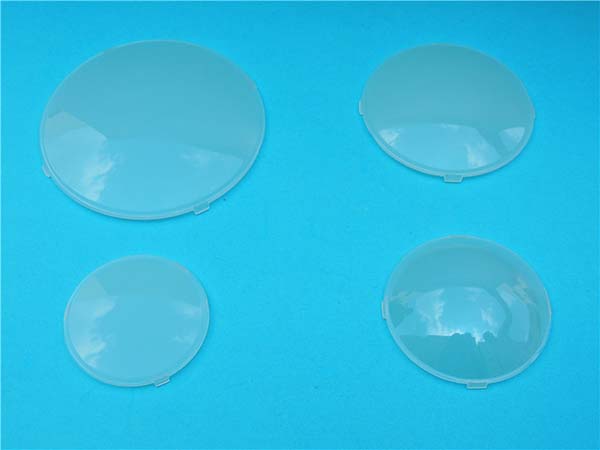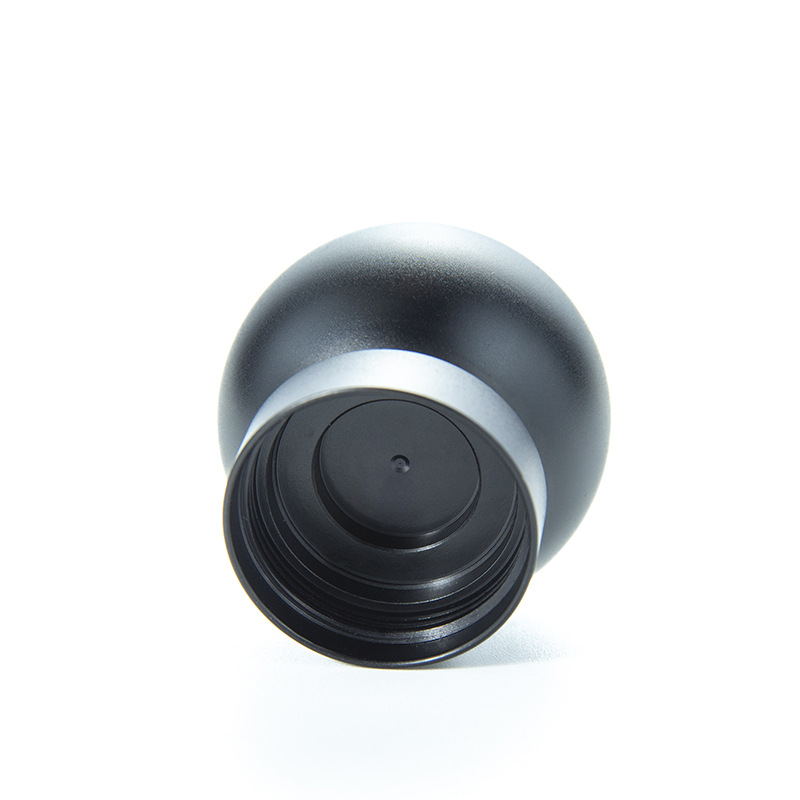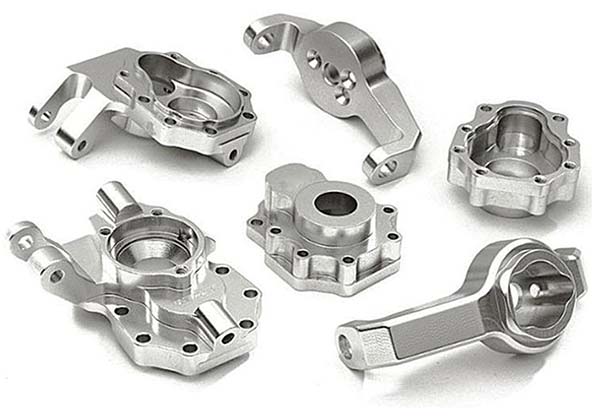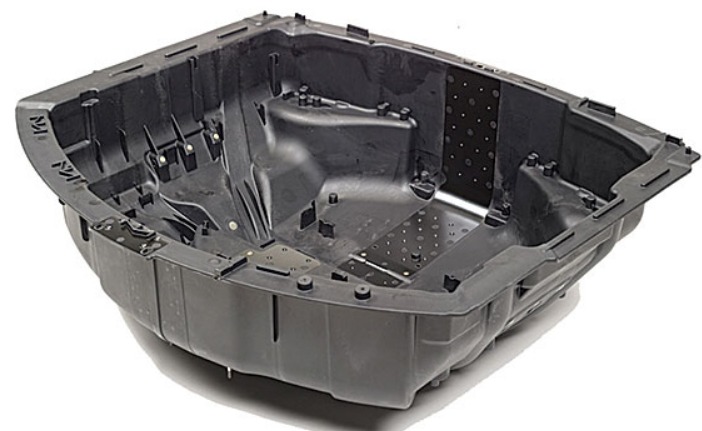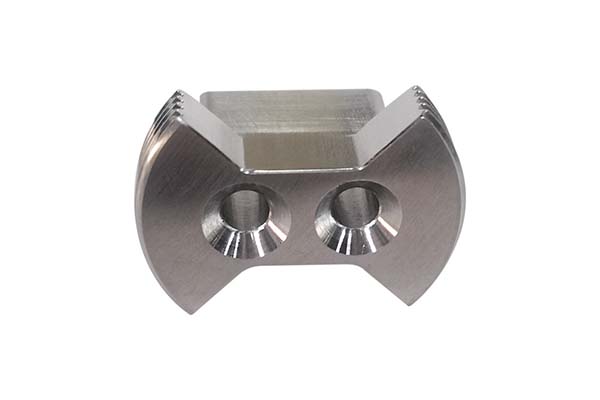If you’re searching for a precision machining shop, you likely need parts that meet strict standards—whether for aerospace engines, medical implants, or semiconductor equipment. But not all shops are equal. This guide breaks down what makes a top shop, their core strengths, and how to choose one that fits your needs.
1. Core Precision Capabilities: What “Precision” Really Means
When a shop talks about precision, it’s not just a buzzword—it’s measurable. The best shops deliver tight tolerances down to the sub-micron level (that’s 0.001mm or smaller), far beyond basic machining.
Key Capabilities Explained
- Ultra-Precision Machining: Handles parts where even a hair’s width (about 50 microns) is too large. For example, in optical lens mounts, shops achieve single-micron level tolerances to ensure light alignment.
- High-Accuracy Milling & Turning: Creates complex shapes without sacrificing precision. A medical device shop I worked with used high-accuracy turning to make titanium bone screws with threads so precise, they reduced patient recovery time by 20% .
- Complex Geometries: Uses multi-axis tools to machine parts with curved surfaces or internal channels. Aerospace shops often rely on this for turbine blades with 扭曲 angles and thin walls (0.5–2mm thick) .
Real-World Example
An aerospace client needed turbine blades with a curved profile and sub-micron tolerances. A standard shop failed twice, but a precision shop used ultra-precision machining to hold tolerances at ±0.002mm. The result? The blades performed 15% more efficiently in engine tests .
2. Advanced Equipment & Technology: The Tools That Deliver Precision
You can’t achieve precision without the right gear. Top precision machining shops invest in equipment that minimizes error and maximizes control.
Essential Equipment Breakdown
| Equipment Type | Key Use Case | Precision Benefit |
|---|---|---|
| 5-Axis CNC Machining Centers | Complex parts like aircraft structural components | Reduces 6 + 装夹 s to 1, cutting error by 80% |
| Swiss-Type Lathes | Small, intricate parts (e.g., medical pins) | Holds tolerances at ±0.005mm |
| CMM (Coordinate Measuring Machines) | Post-machining inspection | Measures dimensions to 0.001mm accuracy |
| Air-Conditioned Facility | All precision operations | Controls temperature (±1°C) to prevent material expansion |
Why Technology Matters
A shop with jig grinders and vision measuring systems can catch errors early. For example, a semiconductor shop used a vision system to inspect 100+ micro-channels in a part—finding a 0.003mm deviation that would have ruined the final product.
3. Quality Assurance & Metrology: How Shops Guarantee Accuracy
Precision means nothing without proof. The best shops have rigorous quality processes to ensure every part meets your specs.
Critical Quality Practices
- First Article Inspection (FAI): Tests the first part against your 图纸 before full production. A medical shop I audited once found a 0.01mm error in FAI, saving 500 defective parts from being made.
- Statistical Process Control (SPC): Monitors production in real time. Shops using SPC reduce defect rates by 30–40% .
- In-Process Inspection: Checks parts during machining, not just at the end. For example, a defense shop uses in-process checks to ensure missile components stay within GD&T (Geometric Dimensioning and Tolerancing) limits .
Certifications to Look For
Legitimate shops hold ISO 9001 (basic quality), AS9100 (aerospace), or ISO 13485 (medical). These certifications mean their processes are audited annually—no shortcuts allowed.
4. Industries & Applications: Where Precision Shops Shine
Precision machining is critical for industries where failure is not an option. Here’s how shops serve key sectors:
Top Industries & Their Needs
- Aerospace: Makes turbine blades and structural parts from titanium and Inconel. Tolerances must be ±0.005mm to handle extreme heat .
- Medical & Surgical: Produces implants (e.g., ceramic hip joints) with medical-grade stainless steel. Surface finish analysis ensures Ra0.02μm or smoother to avoid patient rejection .
- Semiconductor: Creates parts for chip manufacturing with sub-micron tolerances—even a tiny flaw can break a $1M machine.
Prototype Development
Shops also excel at prototypes. A automotive R&D team needed a custom sensor housing in 3 days. A precision shop used high-accuracy milling to deliver a prototype that matched their 3D model perfectly .
5. Materials & Specialized Processes: Handling the Toughest Substrates
Precision shops don’t just machine metal—they master challenging materials and finish them to last.
Common Materials & How Shops Handle Them
| Material | Industry Use | Special Process Needed |
|---|---|---|
| Exotic Alloys | Aerospace engines | Slow, controlled cutting to avoid overheating |
| Ceramics | Medical implants | Superabrasive grinding to prevent cracking |
| Hardened Tool Steels | Mold making | Post-machining heat treatment to boost strength |
Specialized Finishes
- Specialized Coatings: For example, a defense shop applies ceramic coatings to parts to resist corrosion in saltwater environments.
- Surface Finish Analysis: Ensures parts like gears have Ra0.8μm or smoother surfaces to reduce wear .
Yigu Technology’s Perspective
At Yigu Technology, we believe a top precision machining shop balances technology, experience, and adaptability. Too many shops rely on equipment alone, but true precision comes from integrating SPC with skilled engineers. We’ve seen clients waste time on shops that meet tolerances but fail on material certification—so we always prioritize ISO 13485/AS9100 shops for critical projects. The future lies in AI-driven inspection, which will cut defect rates even further while speeding up delivery.
FAQ: Your Precision Machining Shop Questions Answered
Q1: What’s the difference between “tight tolerances” and “sub-micron tolerances”?
A: Tight tolerances usually refer to ±0.01mm to ±0.005mm. Sub-micron tolerances are tighter than 0.001mm—used for ultra-precise parts like optical components.
Q2: How do I verify a shop’s precision claims?
A: Ask for a CMM report (from their Coordinate Measuring Machines) or a sample part measured to your specs. Reputable shops will also share client testimonials from your industry.
Q3: Can a precision shop handle both prototypes and mass production?
A: Yes—top shops use flexible equipment like 5-Axis CNC Machining Centers to switch between small prototype runs and large batches. Look for shops with annual capacities of 100,000+ parts .
Q4: Why is an air-conditioned facility important?
A: Temperature changes cause materials to expand or contract. A controlled environment (±1°C) ensures parts stay within tolerance during machining .

